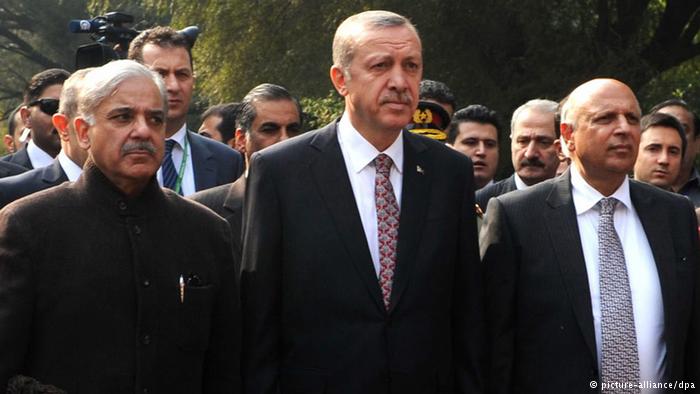Candan Badem teaches history at a university in southern Turkey, is a socialist and does not believe in God. But he lost his job and was hauled in by the police and accused of being a loyalist to a shadowy Islamic cleric who lives in exile in Pennsylvania.
The evidence against him: A book written by the cleric, Fethullah Gulen, was found in his office.
“It was like a bad joke,” said Mr. Badem, who says he believes the real reason he was targeted was that he signed a petition opposing the government’s war with Kurdish militants in the southeast. “What kind of reason can this be, for an academic to have a book? It is like the darkness of the medieval ages.”
Two months after a failed military coup, for which officials have blamed the disciples of Mr. Gulen, a wide-scale purge led by President Recep Tayyip Erdogan has reached witch-hunt proportions, according to a growing chorus of critics. More than 100,000 people — teachers, military officers, judges, functionaries, airline employees, even baklava salesmen — have been arrested or fired from their jobs, all on accusations of connections to Mr. Gulen, who steadfastly denies any involvement.
Mr. Gulen, 75, a moderate Islamist theologian who runs a network of schools and charities around the world, including in the United States, was once an ally of Mr. Erdogan’s before a bitter rift a few years ago. Now Mr. Erdogan calls him a terrorist.
In its early stages, the purge was supported by many of Mr. Erdogan’s opponents, who long chafed under what they called the president’s growing authoritarianism but who said that Mr. Gulen’s influence within society needed to be wiped out.
Now, though, many have turned against the president, saying that he is using the failed coup as a pretext for enhancing his own power and that he is wielding a state of emergency to target critics of all stripes, beyond the rule of law.

Fethullah Gulen at his home in Saylorsburg, Pa., in July. In Turkey, these days there are many ways to lose your job or land in jail: holding a mortgage from the bank affiliated with Mr. Gulen, current or past enrollment in one of the cleric’s many schools; simply owning a book or subscribing to a newspaper published by the Gulenists.CreditCharles Mostoller/Reuters
“After the coup, there was a moment of national unity, as Erdogan reached out to his secular opponents for reconciliation,” said Mustafa Akyol, a leading Turkish columnist who contributes opinion pieces to The New York Times and who initially supported the purges. “That was the hope. But now that spirit is increasingly fading, and there is justified worry that the purges may ultimately serve to cleanse the state of all critics, not just Gulenists who really seem to have masterminded the coup attempt.”

























